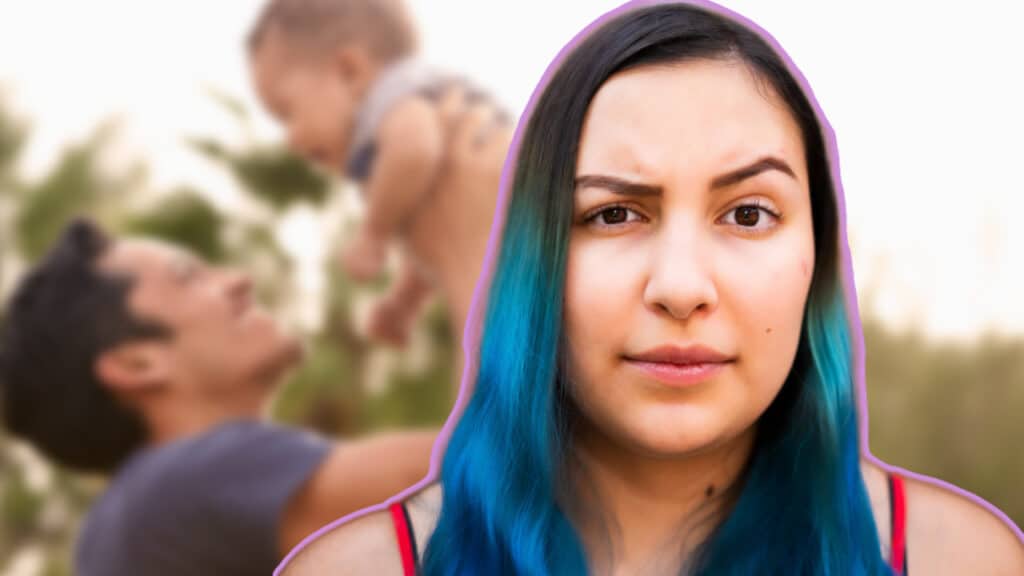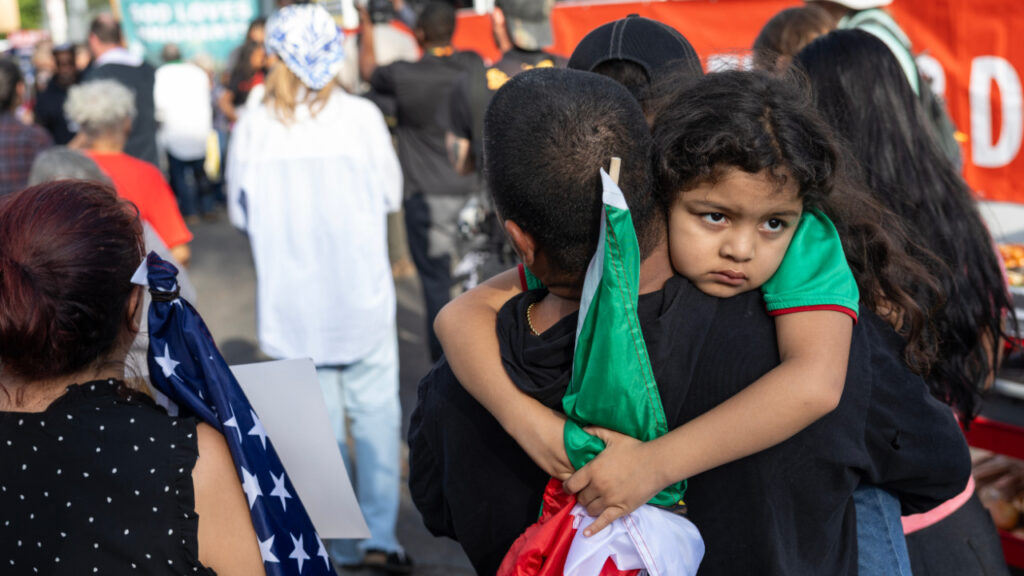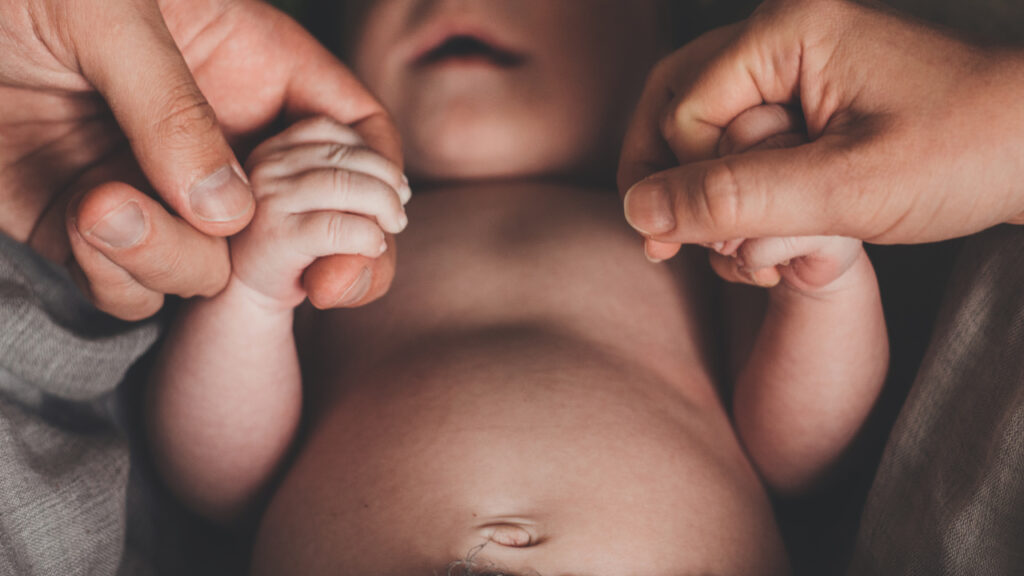
The New Baby Divide: Why Men Want Babies and Women Want Freedom
Something strange is happening on Reddit, and it might just be the clearest snapshot of modern gender politics.
“I’m not trying to generalize,” wrote one 26-year-old woman in a viral post, “but every man my age wants babies. Every woman my age doesn’t.”
Her observation hit a nerve. The post exploded with thousands of upvotes and replies from women across generations, echoing the same thing: the script has flipped. While late-millennial and Gen Z women seem increasingly wary of motherhood, many men in their late twenties and early thirties are suddenly baby-obsessed. And not always for the reasons you’d expect.
Posts from the twoxchromosomes
community on Reddit
Men and babies: “They want the title, not the work”
In the Reddit thread, one commenter summarized it perfectly: “Men want children, but they don’t want to be fathers.”
Others expanded on that point. One woman wrote, “They want kids in much the way someone wants pets. Something cute and fun to enjoy when it’s convenient.” Another said, “Men want to be held to the standards of fathers. They don’t want to be held to the standards of mothers.”
The comments reflected a generational disillusionment with traditional family roles. As one user put it bluntly: “Men want kids the way kids want puppies.”
Sociologists have been noticing similar shifts. The New York Times reported in “The Motherhood Penalty vs. the Fatherhood Bonus” that men’s salaries actually increase after having children, while women’s decrease. This cultural bias still rewards men for fatherhood while penalizing women for motherhood.
Michelle Budig, a professor of sociology at the University of Massachusetts Amherst, found that on average, men’s earnings rise 6 percent after having children, while women’s drop by 4 percent for each child. Employers, she explained, tend to view fathers as “more stable and committed,” and mothers as “distracted or less devoted.”
So when men romanticize having babies, they’re often imagining the upside, not the unpaid labor, physical risk, and systemic inequities that come with it.
Comment
byu/thrway-fatpos from discussion
inTwoXChromosomes
The women saying no to motherhood and yes to themselves
For many women in their twenties and thirties, the idea of motherhood feels like a trap their mothers barely escaped.
As one commenter on Reddit wrote, “Men want kids because they want the life their dad had. Women don’t want kids because they don’t want the life their mother had.”
That single line resonated across thousands of replies. Users pointed to everything from the rising cost of living to climate anxiety, reproductive restrictions, and the still-rampant “motherhood penalty” as reasons women are opting out.
A commenter added, “We’re the first generation to taste freedom in the form of traveling wherever we want, buying our own properties, and eating whatever we want. Once you get a taste of that, there’s no going back to being a caretaker for two-plus children — one of them grown.”
According to a 2024 analysis by Bankrate of U.S. Census Bureau data, working mothers earn 31 percent less than fathers. The average full-time working mom loses about $17,000 annually, which can total over half a million dollars in lost income across a 30-year career.
Meanwhile, Rutgers University researcher Yana Rodgers told Bankrate, “We still have women doing a disproportionate amount of care work. As long as that continues, we’ll continue to see a motherhood penalty.”
It’s no wonder the idea of “babies” feels less like fulfillment and more like financial and emotional self-sabotage for many women.
Comment
byu/thrway-fatpos from discussion
inTwoXChromosomes
“If I could be a dad, maybe I’d want babies too”
Humor often says what society won’t. “If I had a nice orgasm and that was my contribution to having a baby, maybe I’d want kids too,” one Reddit user wrote. That comment drew over 5,000 upvotes. Another replied, “Exactly! Maybe it would be a more attractive prospect if I could be a dad instead of a mom.”
Behind the jokes lies a stark truth. Childbirth still carries serious health risks. As another commenter noted, “It’s a lot easier to want something that isn’t getting ripped out of your body and making you deal with it forever before and after.”
Access to information has made women more aware of the real toll of pregnancy. Users cited everything from obstetric violence to the rollback of reproductive rights in the U.S., especially after Dobbs v. Jackson. “Right now, having a miscarriage in some U.S. states means we might be forced to go a week without treatment for septic shock,” one wrote, referencing reporting from The Texas Tribune.
The message across hundreds of comments was clear: until pregnancy, childbirth, and parenting are equitable and safe, many women are choosing themselves.
The future of babies, or lack thereof
The “baby divide” between men and women isn’t just about parenthood. It’s about power, freedom, and the economics of care.
Men can afford to idealize fatherhood because they rarely pay the same physical or professional price for it. Women, on the other hand, are acutely aware of the costs of motherhood in terms of wages, time, health, and autonomy.
As one user summarized, “Men want kids like they want a legacy. Women want a life that’s actually theirs.”
And in a world still recovering from a pandemic, facing climate disaster, and rolling back reproductive rights, it’s easy to see why so many young women are saying no to babies and yes to themselves.




